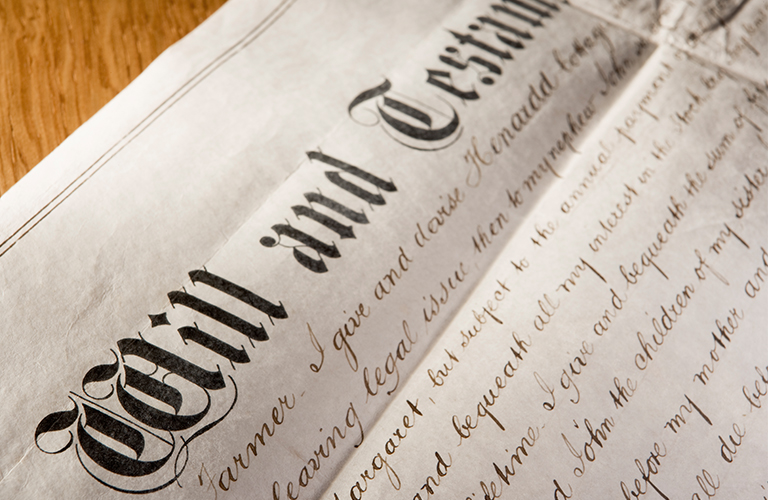
With 2016 quickly coming to a close and before the holiday parties begin, now is the time to consider your year-end tax planning.
Gifts
An individual can make gifts free of gift and estate taxes without using any of his or her gift or estate tax exemption of up to $14,000 per person per year. A married couple can make gifts of up to $28,000 per person per year regardless of which spouse actually makes the gift. (The annual exclusion amount is adjusted annually for inflation but will remain at $14,000 for 2017.)
Use it or lose it! If you do not make a gift in any one year the exclusion for that year is lost. If you have not already done so now is the time to take advantage of the annual exclusion. Note that if the gift is made by check the check must clear by year-end to qualify as a gift made in 2016. You can make annual exclusion gifts again in January for 2017.
Charitable Giving
Don’t forget your favorite charities. Making gifts by year-end will allow you to use the charitable deduction on your 2016 income tax return.
Individuals age 70-1/2 can transfer from an IRA up to $100,000 directly to a public charity (not a private foundation or a donor advised fund). A charitable rollover will be counted towards the required minimum distribution (RMD) and the RMD will not be reported as taxable income to the donor.
Consider the donation of appreciated assets to charity. Stock, securities, and certain other assets that would otherwise produce long-term capital gain if sold can be donated to a public charity with the donor getting a charitable deduction for the full fair market value of the asset. Note, however, that that in the case of a contribution to a private foundation, only a donation of qualified appreciated stock (generally publicly traded stock) will yield the same result.
The Election
The new Administration may push for repeal of the gift, estate and generation-skipping transfer taxes, and substitute a capital gains tax on appreciated assets. The proposal includes a $10 million exemption. With a Republican controlled Congress overall changes to the tax system are likely, but where will we ultimately wind up? To be continued……
As matters currently stand and as we reported earlier in a previous alert, the Treasury Department published proposed regulations this summer that will impact valuation discounts on the transfer, by gift, bequest, or sale, of ownership interests to family members in family-controlled corporations, partnerships and limited liability companies. A hearing on the regulations took place on December 1st.
2017 Inflation Adjustments
Although the gift tax annual exclusion remains the same, the following were adjusted for inflation for 2017:
- The federal gift tax, estate tax and generation-skipping transfer tax exemption increased to $5,490,000 from $5,450,000.
- The annual gift tax exclusion for gifts to non-citizen spouses has increased to $149,000 from $148,000.
- The amount at which gifts received by a U.S. taxpayer from foreign corporations and partnerships must be reported to the IRS has increased to $15,797 from $15,671. Gifts from foreign individuals are not indexed and must be reported if the gift is at least $100,000.
State Updates
New York State imposes an estate tax and the exemption will increase on April 1, 2017 to $5,250,000 from $4,187,500.
New Jersey’s estate tax is to be repealed effective January 1, 2018. The New Jersey estate tax exemption is currently $675,000 and will increase to $2,000,000 for decedents dying on or after January 1, 2017 and before the effective date of repeal. The New Jersey inheritance tax will remain in effect.
New York, joining a number of other states, enacted legislation allowing a fiduciary – an executor, administrator, guardian, trustee, and an agent under a power of attorney – access to electronic communications. The law, known as RUFADAA (the Revised Uniform Fiduciary Access to Digital Assets Act), distinguishes between access to content and access to a “catalogue” which contains identifying information, e.g., the “to” and “from” lines of an email. Privacy is the default rule and the user, through the use of an on line tool, is able to allow or prohibit access by others. In the absence of an online tool, a direction in a Will, Trust, Power of Attorney will prevail. Without such direction, the provider’s terms of service will apply.
Happy Holidays!
If we can be of assistance to you, please contact us.

